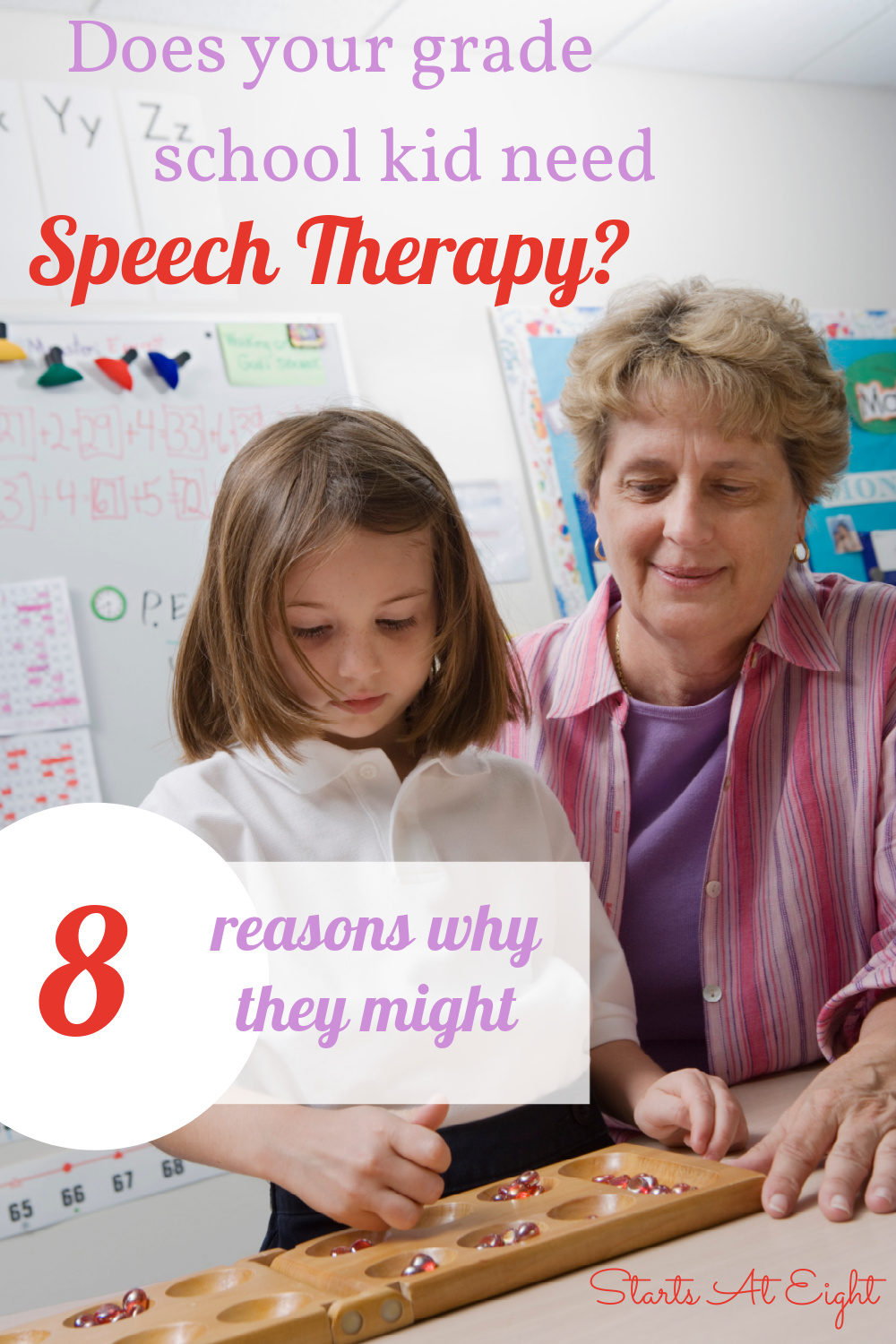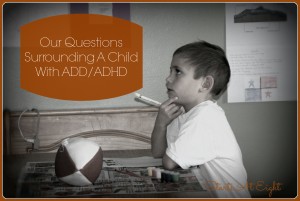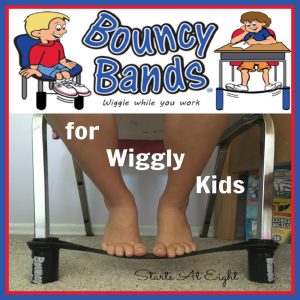Does Your Grade School Kid Need Speech Therapy?
Communication and emotional expression is an essential aspect of being human. Speech is one of the first skills learned by a baby. Within the first three months of birth, babies can express their needs by using different crying sounds. Mothers can tell when their kids are hungry, sleepy, bored, unwell, or just cranky and want to be held.

Does Your Grade School Kid Need Speech Therapy?
When assessing the need for speech therapy both physical and neurological conditions need to be considered. Identifying and getting online speech therapy at an early age can help them overcome these conditions.
Some Physical Conditions That Can Cause Speech Delays
Physical challenges can affect not just your child’s ability to speak clearly and develop the essential skills for communication, but they also indicate other impairments. Doctors will likely work on treating these issues before helping your child with speech therapy.
1. Hearing
One possible physical issue could involve the child’s hearing. Learning to speak is closely connected to hearing since babies listen to sounds and voices to mimic them. They also listen to the sounds of their own voices and learn correct pronunciation. If your child isn’t picking up speech skills, the pediatrician and SLP will likely test their hearing as part of the evaluation. Resolving aural problems often leads to normal speech development.
2. Cleft Palate or Cleft Lip
Children with a cleft palate or cleft lip need therapy after surgery to help them make sounds correctly. They’re taught proper articulation and trained to develop new motor speech techniques. SLPs also help kids learn how to use the ideal pressure on their palates to produce sounds. The proper treatment can deal with resonance disorders and help make sounds like t, d, k, and g correctly.
3. Weak Oral Muscles and Tissues
Weak oral muscle tone, or hypotonia, is a difficulty in moving the lips, tongue, and jaw. Oral and facial muscular disorders result in slow or slurred speech. Not having adequate energy in the oral cavity can also make it hard for kids to pronounce consonants and certain syllables, leading to mumbling. SLPs perform various exercises with their patients to help them tone the tissues. They may also display images to show them how to use muscles correctly to produce the right sounds.
4. Chronic Hoarseness
Shouting, screaming, and using the larynx unnaturally can result in chronic hoarseness.
Typical treatment includes:
- medication
- regular hydration
- deep breathing exercises
- throat muscle relaxation techniques
- therapy sessions to learn voice modulation
- Your doctor may also recommend avoiding sodas and chilled drinks.
Neurological Disorders That Can Cause Speech Issues
Neurological problems or “disfluencies” in the brain can also result in speech disorders. When the brain cannot plan muscle movement to produce sounds, the patients may make prolonged speech sounds, use repetitive words and syllables, or speak in broken sentences.
1. Childhood Apraxia of Speech (CAS)
Apraxia is a condition that could last through kindergarten and into their higher grades. Kids with this disorder are unable to understand the language that is spoken to them. They may also have trouble with following instructions and directions or comprehending gestures. Reading and identifying objects and images by their proper name is also known as apraxia. Extensive speech therapy with a trained speech-language pathologist and reading sessions conducted at home can help overcome this speech disorder.
2. Autism Spectrum Disorder
Autism spectrum disorder (ASD) is also a neurological condition where kids display symptoms of delayed speech and ineffective communication. Speech therapy helps patients overcome issues like limited gestures, difficulty in social interactions, and building friendships. Kids also learn to avoid repetitive behavior and words to maintain eye contact when interacting with peers and family members.
3. Attention-Deficit/Hyperactivity Disorder (ADHD)
One of the symptoms of Attention-Deficit/Hyperactivity Disorder (ADHD) is slurred speech that typically results from the child trying to speak too quickly. Kids with this disorder also have trouble organizing their sentences, which makes it hard to understand them. They may also struggle to have a conversation, where they must listen carefully and comprehend what the other person is saying. This cognitive impulsive behavior can be treated with psychotherapy sessions where the SLP may use different strategies to promote normal speech.
4. Brain Injuries
Brain injuries or damage to the areas that control speech and oral muscles may also result in speech issues. In addition to reduced communication skills, these kids may have related problems with eating, breathing, swallowing, and chronic respiratory illnesses, like dysphagia.
Other Things to Consider
Besides physical and neurological conditions, kids may have basic language issues concerning the expression of thoughts and ideas and the organization of words into a sentence. They may also use a limited vocabulary.
Some kids also have selective mutism where they speak fluently in certain situations or remain silent in others.
Although each child develops at an individual pace, physical and neurological conditions can hamper their normal learning speech and language skills. Identifying and getting online speech therapy at an early age can help them overcome these conditions. An evaluation from a speech-language pathologist (SLP) can help diagnose the exact cause to provide the proper treatment.
Speech therapy with parental support at home can help grade school kids overcome their issues and develop their communication skills.
More Help for Special Needs




